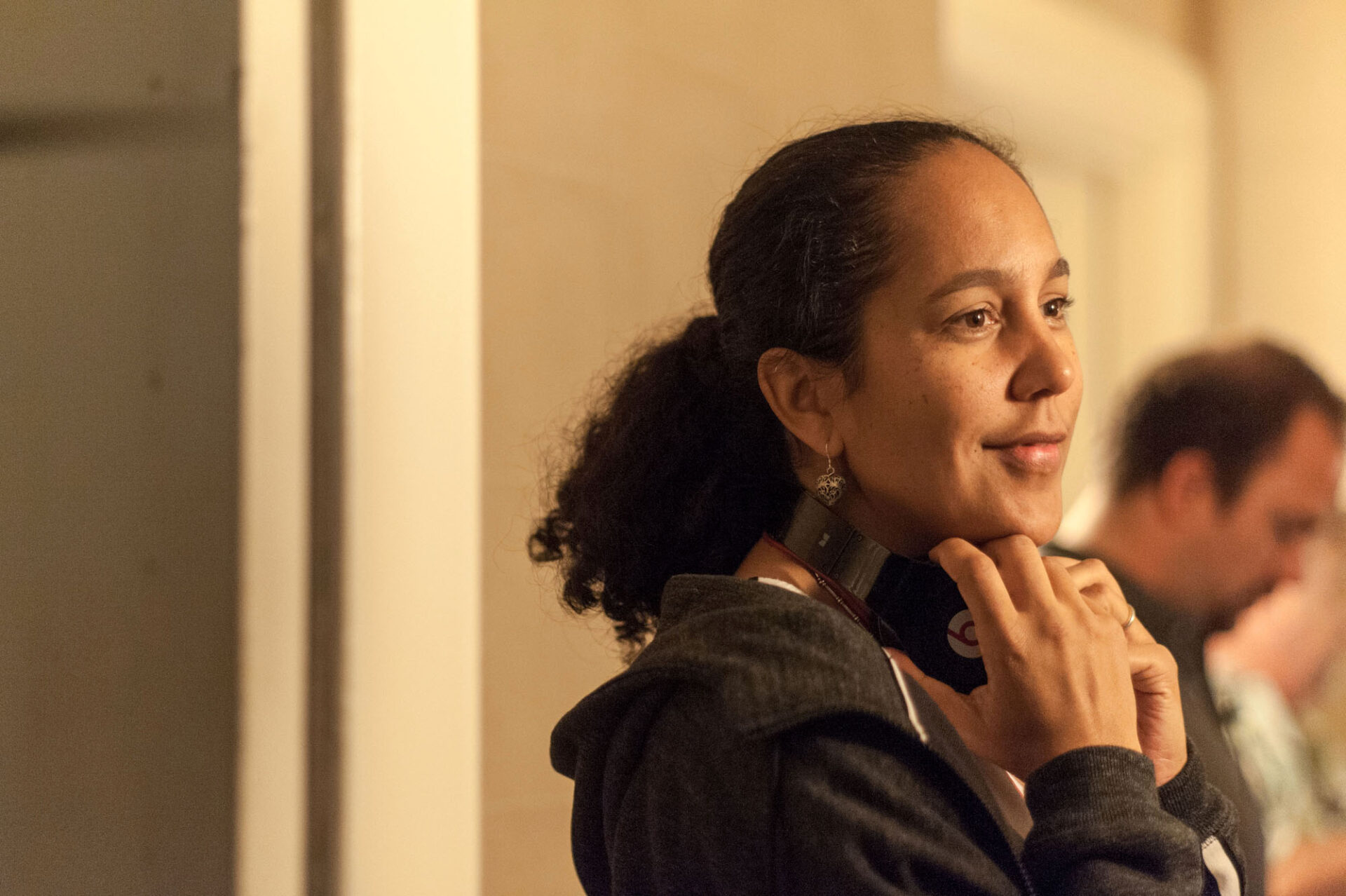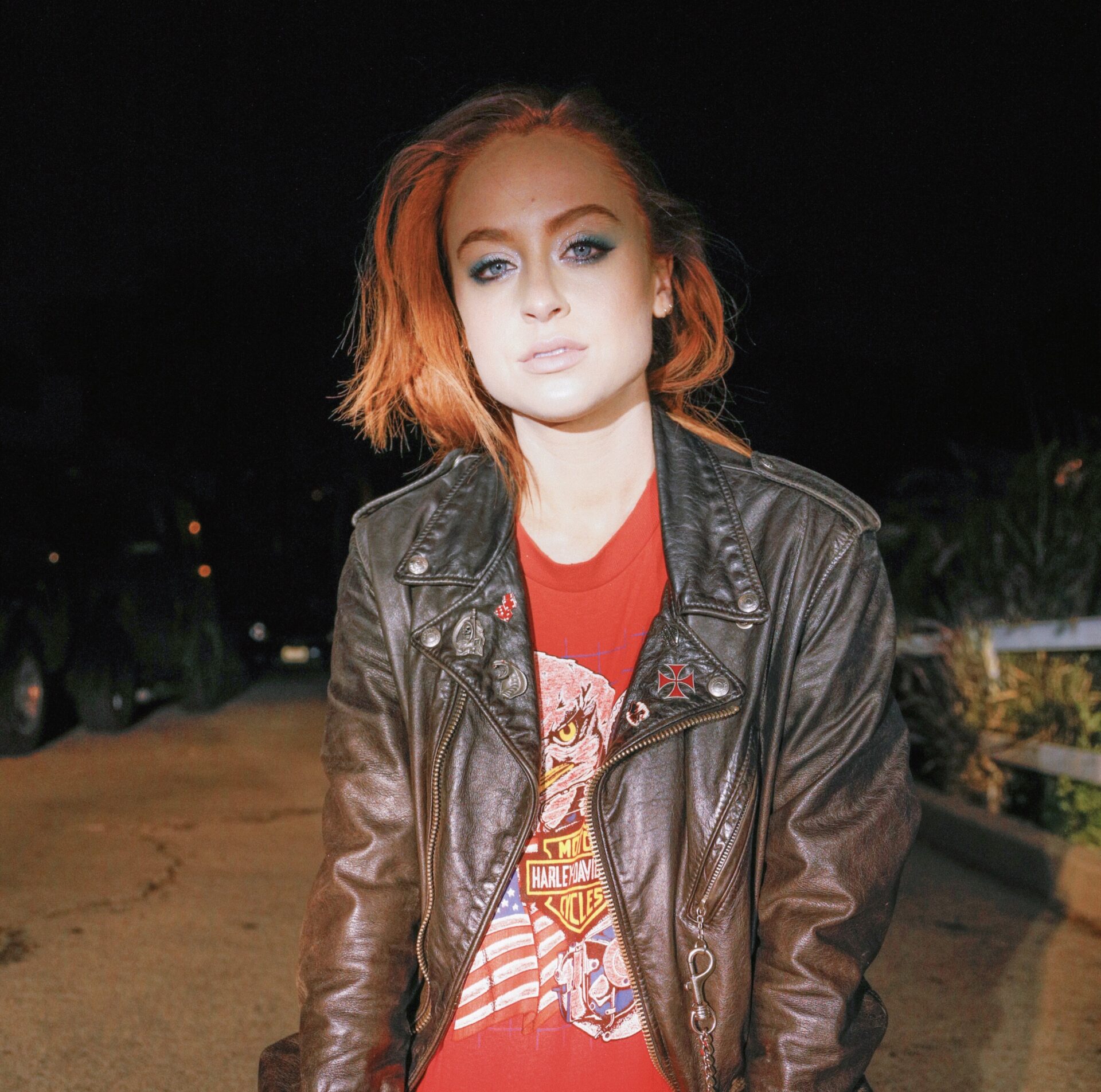If both people of color and women are extremely under-represented in the realms of cinematic auteurism, then women of color are the ones who suffer most, institutionally held back from making films by a system that favors white men promoting and curating filmmakers who remind them of themselves. There are exceptions, though, and a very notable one is Gina Prince-Bythewood, who has been announced to helm Silver & Black, an entry in Sony’s Spider-man spin-off franchise. Though it is extremely early to speculate on Sony’s super-villainess team-up film, one can look to the works of Prince-Bythewood as a reference point for what we might come to expect, while also highlighting the role her films play in representing women and people of color.
Though Prince-Bythewood made an early career for herself in directing and writing for television, including a TV movie called Disappearing Acts, she got her cinematic start with an epic romance, 2000’s Love & Basketball. Spanning the lives of two young basketball players from their childhood to their careers as young adults, the film explores the ways in which love and ambition conflict and drive us even as we are unaware of their influence. Quincy (Omar Epps) is the son of an NBA player who is not quite the bastion of virtue that his son emblemizes him as, yet Quincy still wants to be a pro like his dad. Meanwhile, his next-door neighbor Monica (Sanaa Lathan) is a driven athlete who wants to succeed big at the game despite a family that does little to support her ambitions because it isn’t seen as feminine enough.
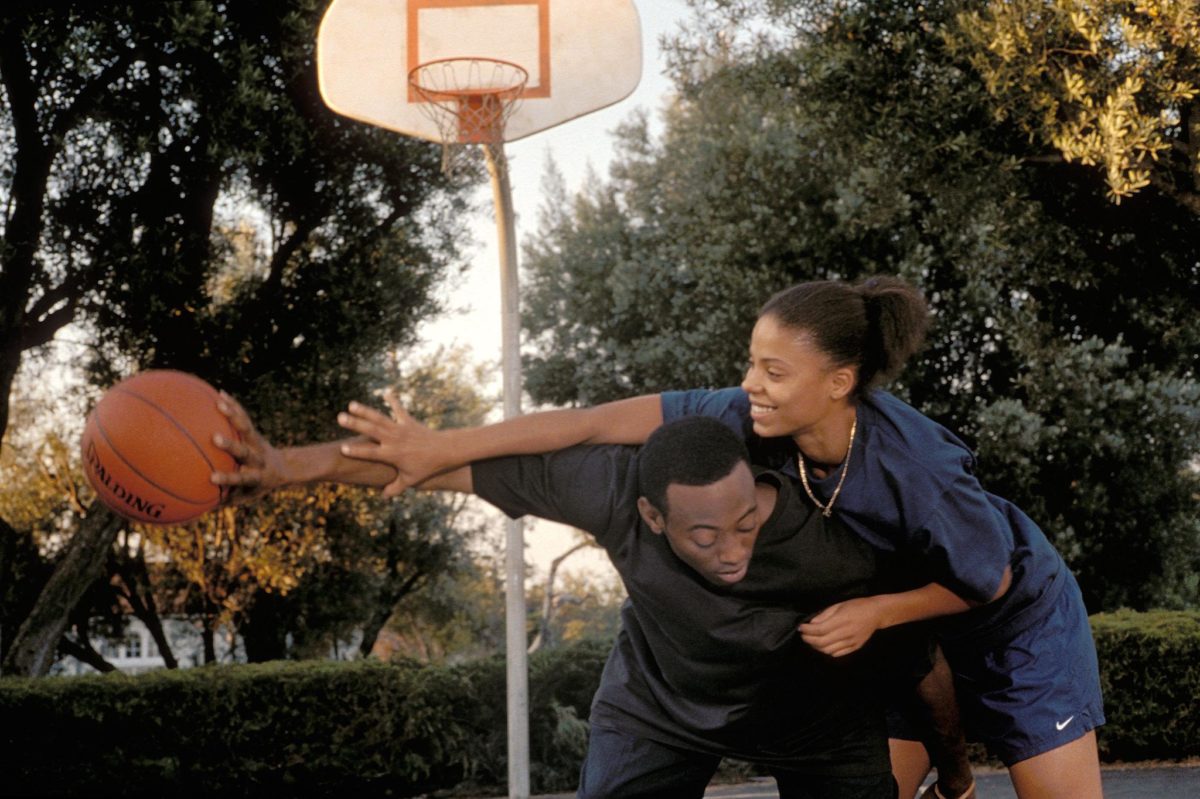
Love and Basketball (2000)
What makes Love & Basketball stand out tonally from other romantic films of the era (or today, for that matter) is that it isn’t afraid to function purely as a romance, not as a romantic comedy or a musical as is so often the case. This places the intrapersonal and interpersonal struggles of Quincy and Monica at center stage, as they cope with a desperation to triumph at their beloved game when what both of them really need is someone to support them through the hard times. Both are complex people who hurt each other and themselves, but there’s something admirable in Prince-Bythewood’s choice to portray Monica as the more emotionally collected of the two leads, as her resistance of patriarchal expectations and norms has forced her to examine hers and others’ motives and drives. There’s a strength in Monica that makes her romance with Quincy on equal footing, so that rather than being swept off her feet, they sweep each other up in mutual support.
Prince-Bythewood would return to cinema eight years later for The Secret Life of Bees, an adaptation of an acclaimed novel that allowed her to explore a different sort of love than romance, yet is by no means any less strong. The Secret Life of Bees follows young teenage Lily (Dakota Fanning), a white girl who lives with her abusive father (Paul Bettany) in the 1964 American South. Upon the realization that her father will never stop hurting her for her accidental killing of her mother, Lily flees with their black housekeeper, Rosaleen (Jennifer Hudson), to a town Lily knows to have been important to her mother. There she meets and stays with the Boatwright sisters (Queen Latifah, Alicia Keys, and Sophie Okonedo) whom she believes know something of her mother, and through her relationship with them she comes to understand more on the nature of love and hate.
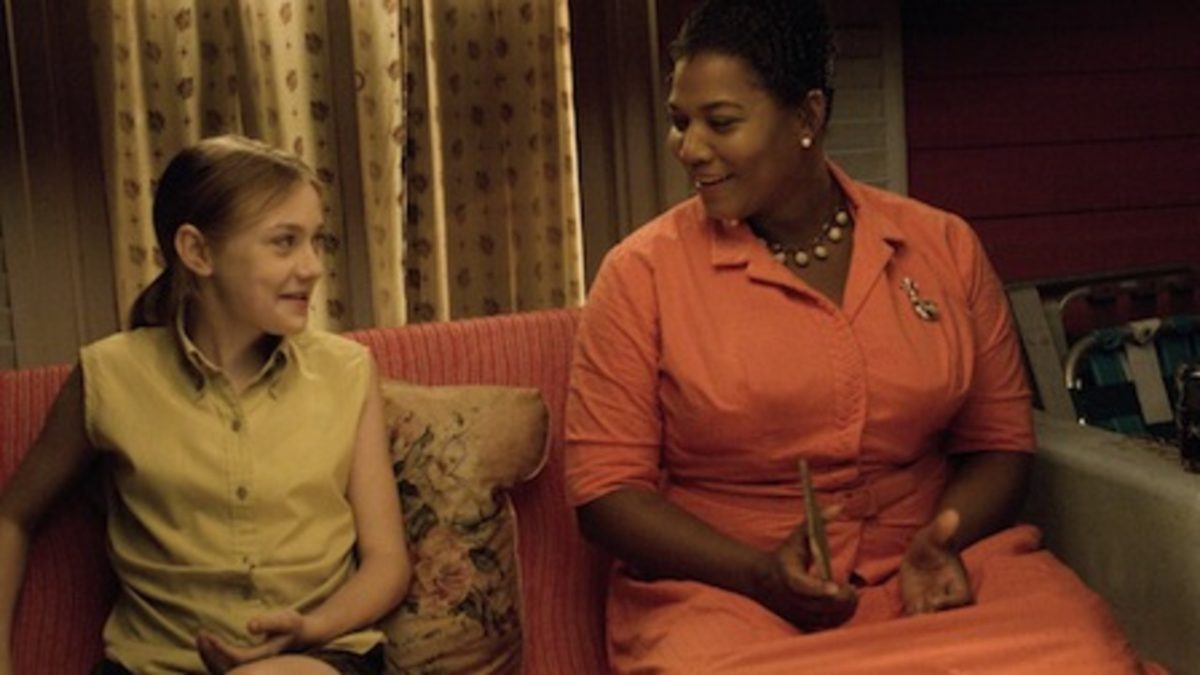
The Secret Life of Bees (2008)
As a period piece, the prevalence of violence against the black community in the American South following the passage of the Civil Rights Act is unavoidable, and Prince-Bythewood portrays it with a stark reality that refuses to flinch at the degradation black people have endured (and still endure) in this country. However, we are shown this through the lens of a young white girl who understands the violence against these people is wrong, yet doesn’t understand why they continue to resist when she sees them further hurt because of it. What she comes to learn from this cultural disconnect is a measure of self-respect and self-love that allows her to forgive herself for the death of her mother, but also allows her to fully love the women in her life who have given her support through her trying times. The Boatwright sisters each have their own struggles, either with feeling too strongly or with walling off their emotions, but in the end they come together as a family, in balance and respect for one another through a mutual love informed by an understanding of one another’s circumstances.
However, despite Prince-Bythewood’s demonstration of her directorial range, she returned to the realms of dramatic romance with 2014’s Beyond the Lights. Noni (Gugu Mbatha-Raw) is a pop idol who one night after a show attempts to end her life by jumping from a balcony. She is saved by Kaz (Nate Parker), a police officer stationed to protect her, and the two begin a relationship based on mutual vulnerability. Noni looks at her success and sees how unhappy it makes her, serving only to enrich and inflate her label and manager/mother (Minnie Driver) while repressing her ability to create the kinds of art she wants. Meanwhile, Kaz struggles with his own career ambitions as a budding politician, quickly discovering though that the inauthenticity inherent in political gamesmanship doesn’t suit him or his ability to connect with Noni.
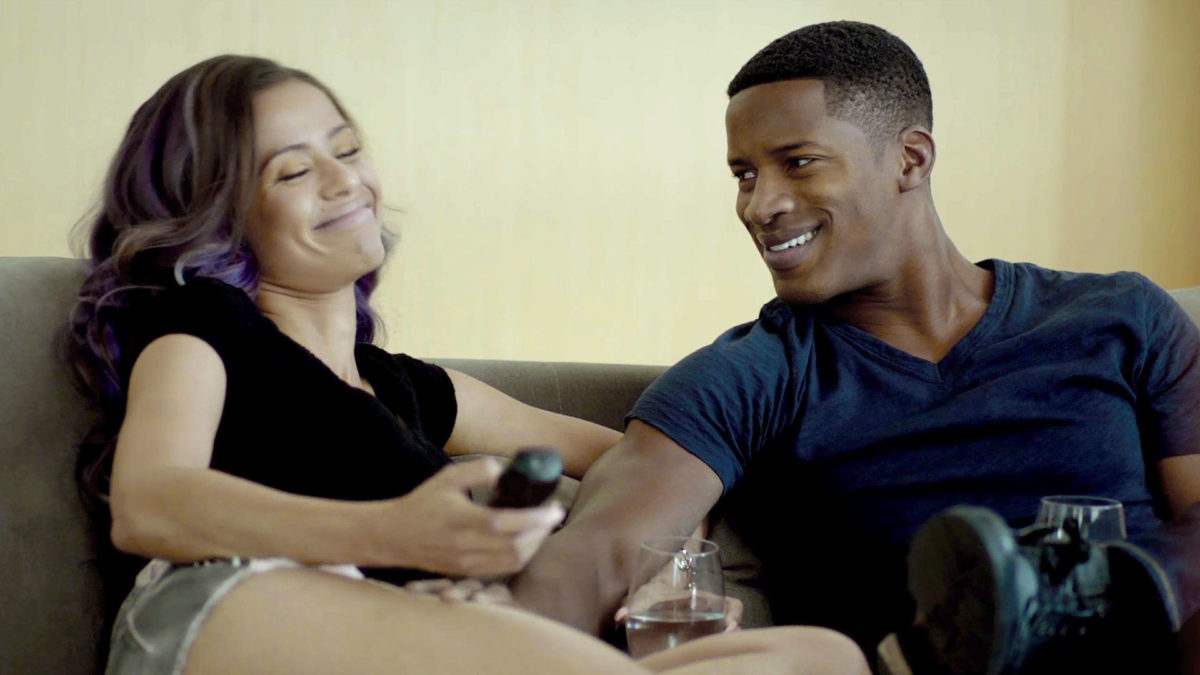
Beyond the Lights (2014)
Much like in Love & Basketball, Prince-Bythewood dips again into the well of personal ambition clashing with romantic growth, but this time she has some more overt critical messaging laced into her narrative, particularly at the pop music industry. The primary reason that Noni suffers, both as an artist and as a person, is because her persona and performances are crafted for her by a team with the goal of selling her sex appeal. This is particularly telling when Noni is performing on stage in a jacket designed to be ripped away to reveal her underwear, only when she resists the scene quickly starts to resemble sexual assault, which the audience receives with cheers. Noni is supported by Kaz in her personal development, but ultimately it is Noni who embraces her more genuine artistry as a songwriter and un-synthesized singer, bringing her a personal and career satisfaction that is dependent on her choices.
Looking at the thread of Gina Prince-Bythewood’s filmography, we see many such empowered women of color: Monica is a rising basketball star; the Boatwright sisters own and operate a honey operation; and Noni reclaims her agency as an artist. And though the forms through which this empowerment is realized differs, the mode is still the same. Love is the driving and conquering force of Prince-Bythewood’s oeuvre, leading both the women and men of her narratives to personal growth and interpersonal harmony. Prince-Bythewood shows that love isn’t a perfect mend-all for life’s problems, but the mutual support it can bring allows the parties involved to become stronger through those bonds. In a superhero climate defined by large-scale bouts between beings of deific scale, maybe Prince-Bythewood’s Silver & Black is primed to be a different sort of blockbuster, built on love and personal growth rather than catastrophe and spectacle. It’s too early to say, but it’s at least clear that Prince-Bythewood is an interesting choice if for no other reason than that her voice stands out in an industry that is slow to embrace a diversity of perspectives. Here’s hoping that Silver & Black will be elevated by the loving and empowering Gina Prince-Bythewood and her dedication to black female voices.

